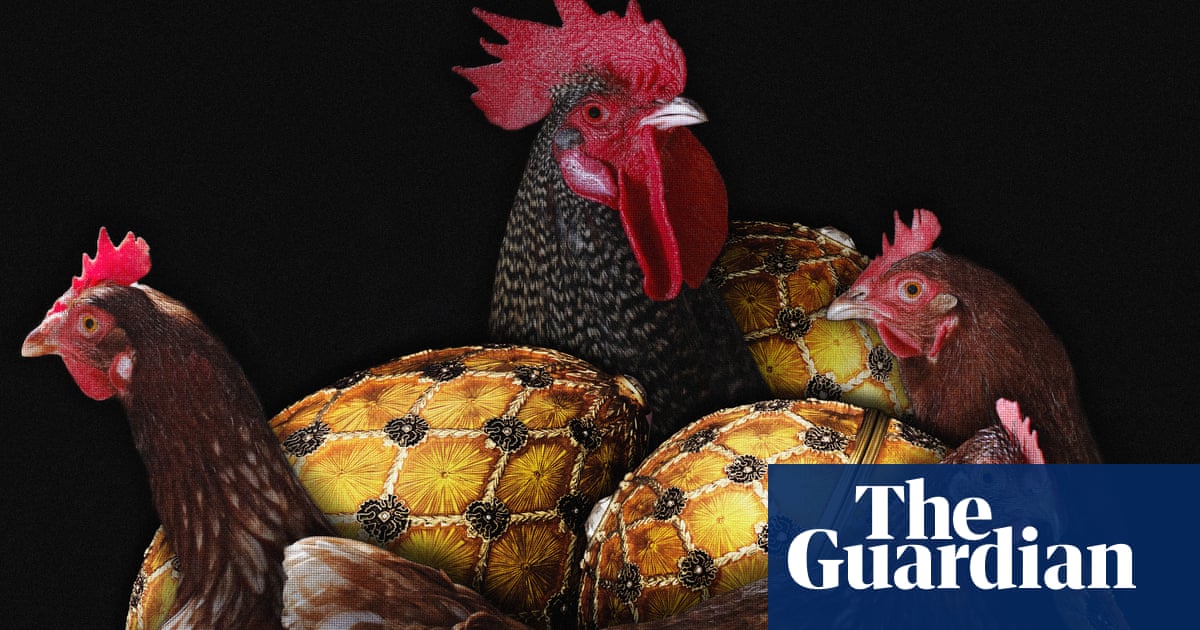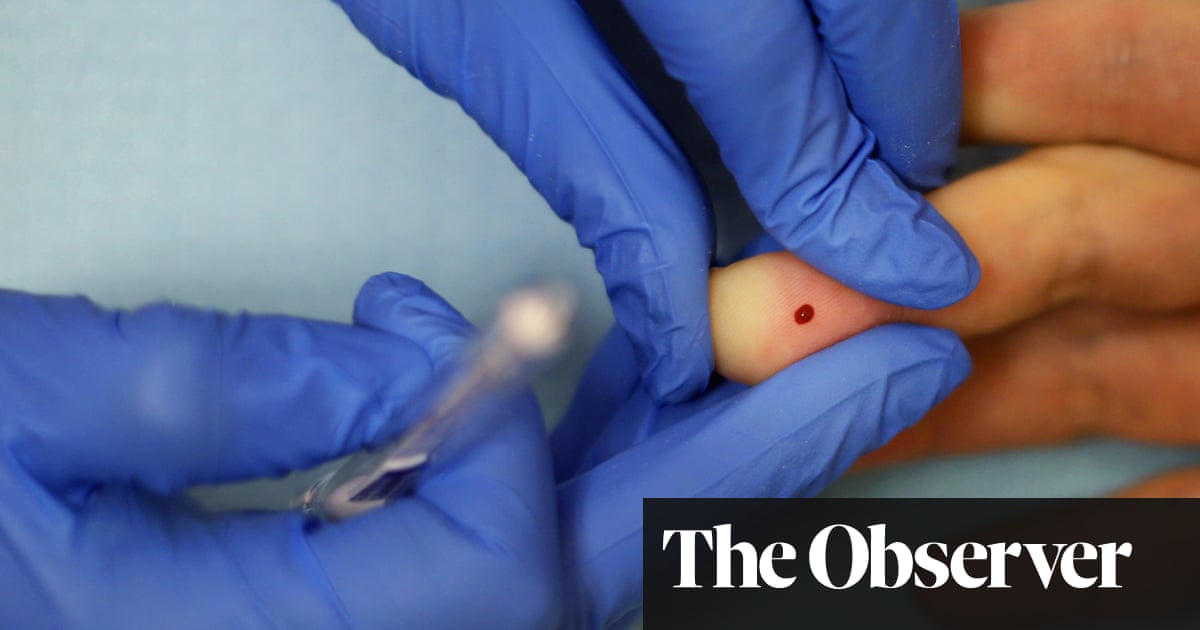Polenta is occasionally known as pulenda. It’s a reminder that both the name and the cooking method has its roots in antiquity and in the Latin word puls, a blanket term for a universal method: long-cooked, semi-liquid dishes, or “mushes”, based on cereals or legumes. Which leads us to another nice word-link: puls is also the root of the word pulses. But back to antiquity, where the nature of the mushes depended on where in the world they were made, and what was available.
In Italy, that was farro, spelt, barley, broad beans, millet, chestnuts; puls or polenta were made from them all. Then, in the middle of the 16th century, mais (maize) arrived in the north of Italy from Mesoamerica (the earliest examples of the genius of Mesoamerican agriculture were found in Oaxaca, and tiny cobs of domesticated maize dated from about 4,300BC). By the 18th century, maize was acclimatised and established in many areas of Italy, as was a polenta made with its deep gold flour, which went on to become a vital staple food. It was also a problematic food until Italians learned what the Maya and Aztecs had discovered centuries earlier: that to be fully nutritious, as well as delicious, maize needs to be cleverly transformed, either by nixtamalization – that is, being ground to a finer flour and slow cooked – or balanced with other foods (beans especially).
And polenta is delicious, particularly when it is cooked slowly; the grains of maize flour swell into a soft mush with a texture somewhere between porridge and very smooth mashed potato.
Another useful thing about the word puls is its proximity to the word “pull”, which is what polenta does: it pulls away from the sides of the pan after about 40 minutes of stirring (although some stir it for much, much longer). Anna Del Conte offers an alternative: cook it on the stove for 15 minutes, then pour it into an oven dish, cover with foil and bake for 30 minutes. While this is a great way, the thing about Anna’s method is that it produces a firmer polenta, rather than the soft, spoonable mush created if you stir polenta until soft, then beat – really beat – in milk, butter and cheese. Another option is instant polenta, but you choose which way suits you best for a mixture of mushrooms – the more varied, the better (chestnut, flat, porcini, oyster, button) – cooked in lots of butter with garlic and parsley.

If you have gone to the trouble of stirring, intermittently, for 40 minutes (and up to several hours, in which case you may need the help of an audiobook, wine or legal cannabis), don’t be afraid to beat in even more milk or butter to keep the polenta soft and flowing.
Polenta with mushrooms
Serves 4
Salt and pepper
400g polenta
75g butter
50ml milk
50g cheese, cubed
3 tbsp olive oil
2 garlic cloves, one whole, once minced
400g mixed mushrooms, sliced
Minced parsley
In a medium saucepan or deep saute pan with a heavy base, bring 1.6 litres of cold water to a boil, add salt, stir and reduce to a lively simmer. Slowly “rain” in the polenta, whisking as you do so to prevent it clumping.

Once the polenta is incorporated, swap the whisk for a wooden spoon and stir, very regularly, for 45 minutes, or until the polenta is thick but not stiff (if that is the case, add more hot water), pulling away from the sides of the pan and cooked through. Beat 50g butter, the milk and the cheese into the polenta, adding a little more milk, if necessary, to loosen it to a soft, spoonable consistency.
Meanwhile, melt the remaining butter and the olive oil, and warm the whole garlic clove. Add the mushrooms, saute until soft, then add the minced garlic and parsley, and season to taste.
Spoon the polenta on to a large serving dish or board, or several individual ones, and top with the mushroom mix. Serve, passing around extra grated cheese for those who want it.

 2 months ago
45
2 months ago
45













































